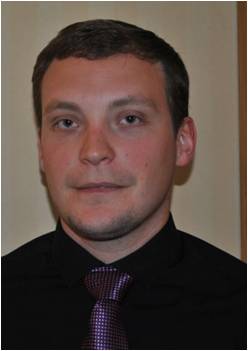Committee
 Richard Law
Richard Law
- Vice-Chairman Northern Postgraduate Chemical Engineering Conference
- Email: richard.law1@ncl.ac.uk
- Telephone: +44 (0) 0191 222 5457
- PhD Student, Project member on Theme 6 'Thermal Energy Management in Processing Industries'
OPTImising THermal Energy Recovery, utilisation and Management: OPTITHERM
Brief Introduction:
Reducing industrial energy usage is becoming an increasingly important issue for two key reasons. Firstly, the stringent guidelines for reducing greenhouse gas emissions outlined in the Climate Change Act (2008) provide a legal obligation for change. Secondly, the ever rising cost of key utilities such as natural gas and electricity provide an important monetary incentive for change.
As the demand for industrial produce is unlikely to fall, the emphasis is placed on reducing energy consumption by increasing energy efficiency. One of the key ways of doing so is by recovery of waste heat.
An estimated 11.4TWh of recoverable waste heat is emitted to the environment each year from the UK process industries, the complete recovery of which has the potential to save upto £285m/year and 2 million t.CO2eq./year. However, UK engineers often lack the required knowledge to implement waste heat recovery projects and expensive outside consultancy is required at the outset. This is greatly detrimental to uptake of such projects, particularly in the current economic climate.
The aim of my project is to produce a knowledge based system for the selection of the best available technology for the recovery of waste heat. All technologies are considered by the system, ranging from basic heat exchangers to novel engineered solutions such as heat pumps and organic Rankine cycles. Initial selection is based on technology limitations, and final selection based on estimated technical, economic and environmental performance.
The system will provide a fast and cheap solution in the initial consultancy stages of heat recovery projects, whilst informing the user of novel, state of the art technologies which may have not been previously considered.